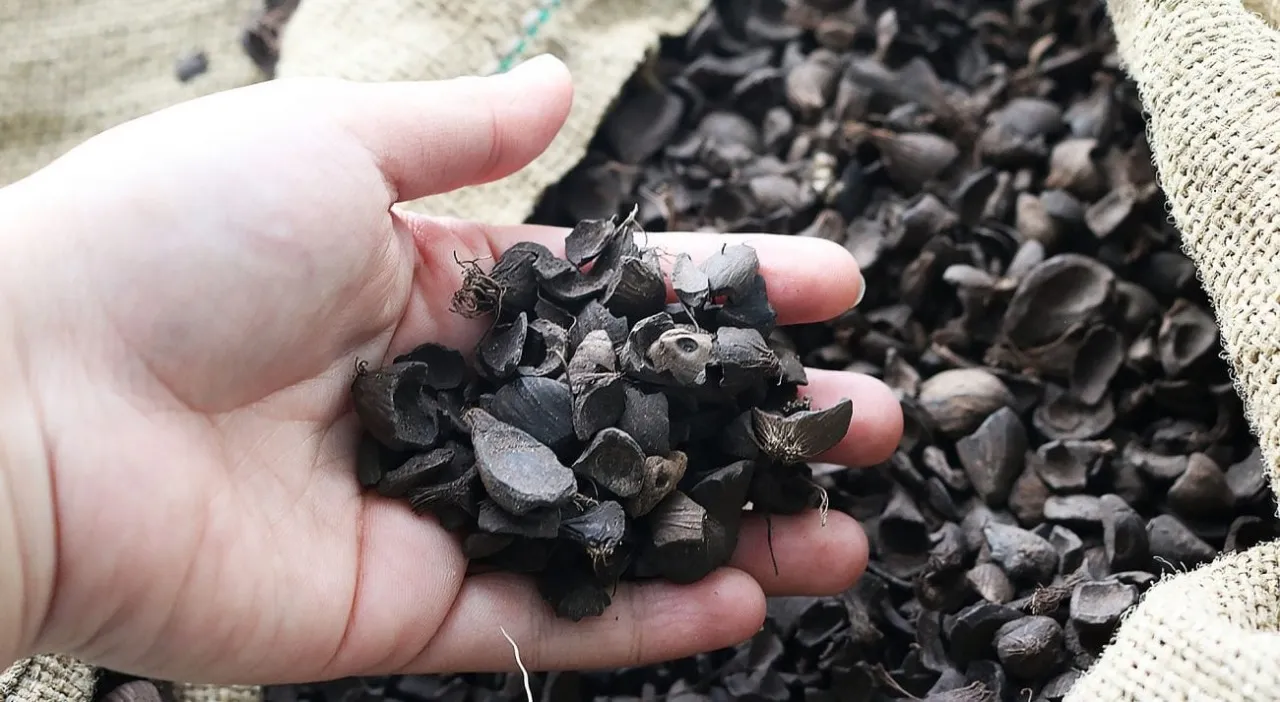Palm Kernel Shells are gaining global recognition as an efficient and sustainable biomass fuel. Derived from the hard endocarp of palm oil seeds, Palm Kernel Shells are a byproduct of palm oil production. Rather than being discarded as waste, these shells are now used as a renewable energy source for industrial and household applications.
Palm Kernel Shells are particularly valuable in energy production due to their high calorific value and low ash content. With the rising demand for clean energy and reduced dependence on fossil fuels, Palm Kernel Shells provide an environmentally friendly and economically viable alternative.
What Makes Palm Kernel Shells a Renewable Resource?
Palm Kernel Shells are classified as a form of agricultural biomass. As palm oil production continues to grow across Southeast Asia and Africa, so does the availability of Palm Kernel Shells. Instead of allowing these shells to decompose or be burned inefficiently, converting them into fuel supports waste-to-energy initiatives.
Benefits of Palm Kernel Shells as a renewable resource include:
- Abundant supply from palm oil mills
- No need for deforestation or land clearing
- Lower greenhouse gas emissions than coal
- 100% biodegradable and compostable
According to BioEnergy Consult, Palm Kernel Shells have a calorific value of 16–18 MJ/kg, which makes them a strong competitor to traditional fossil fuels in power generation.
The Biomass Properties of Palm Kernel Shells
Palm Kernel Shells possess physical and chemical properties that make them suitable for various energy applications. These shells are dense, dry, and uniform in size, which enhances combustion efficiency.
Key properties of Palm Kernel Shells include:
- Moisture content: 10–12%
- Volatile matter: 70–75%
- Fixed carbon: 15–20%
- Ash content: Less than 5%
These characteristics allow Palm Kernel Shells to burn longer and more steadily compared to other biomass sources. In power plants, Palm Kernel Shells are used either alone or co-fired with coal to reduce carbon emissions.
Industrial Applications of Palm Kernel Shells
Palm Kernel Shells are used across several industries for energy production, especially in countries with abundant palm oil plantations. They are favored for both their fuel efficiency and their environmental benefits.
Industries using Palm Kernel Shells include:
- Biomass power plants
- Cement factories for kiln heating
- Steel production facilities
- Brick and tile manufacturers
- Food processing plants
Many Japanese and Korean companies import Palm Kernel Shells to meet renewable energy targets. According to Argus Media, Japan imported over 2.5 million tons of Palm Kernel Shells in 2023, mainly from Indonesia and Malaysia.
Environmental Impact of Palm Kernel Shells
Palm Kernel Shells are an eco-friendly alternative to coal and firewood. Their use helps reduce deforestation and supports circular economy models. Additionally, when used in modern combustion systems, Palm Kernel Shells emit significantly less particulate matter and carbon dioxide.
Environmental benefits include:
- Reduction of methane emissions from palm oil waste
- Cleaner air quality due to low smoke output
- Reduced dependency on coal
- Support for waste management in palm oil industries
A case study in Sumatra showed that using Palm Kernel Shells in rural power generation reduced CO₂ emissions by over 40% compared to diesel fuel.
Economic Value and Trade Opportunities
Palm Kernel Shells have become an important export commodity for countries like Indonesia, Malaysia, and Nigeria. Their value has risen as demand increases in renewable energy markets.
Economic advantages of Palm Kernel Shells include:
- Low production cost due to waste origin
- Export income for palm oil-producing countries
- Creation of rural employment opportunities
- Support for small and medium enterprises (SMEs)
The market price of Palm Kernel Shells typically ranges between $90 and $130 per metric ton, depending on quality and moisture content. As of 2024, demand continues to rise, especially in Asian and European markets.
Case Study: Indonesia’s Biomass Power Success with Palm Kernel Shells
Indonesia, the world’s largest palm oil producer, has integrated Palm Kernel Shells into its national energy mix. With hundreds of palm oil mills generating shell waste, the country has built biomass plants powered almost entirely by Palm Kernel Shells.
In a project funded by Japan International Cooperation Agency (JICA), a biomass plant in Riau province utilized Palm Kernel Shells to supply electricity to over 5,000 households. This not only reduced dependence on diesel but also offered a new revenue stream to the local palm oil mill.
These types of initiatives demonstrate how Palm Kernel Shells contribute to energy security and economic development.
Challenges in the Palm Kernel Shell Industry
Despite the promising growth, the Palm Kernel Shell industry faces several challenges that need to be addressed for sustainable expansion:
- Inconsistent quality due to poor drying and contamination
- Limited awareness in non-palm-producing regions
- Export regulation issues and certification requirements
- Logistical difficulties in rural areas
Improved processing standards, better transportation infrastructure, and clearer sustainability certifications (e.g., RSPO) can help resolve these obstacles.
Future Outlook of Palm Kernel Shells in Global Energy
As countries transition toward carbon neutrality, Palm Kernel Shells are expected to play a vital role in biomass-based energy systems. Innovations in gasification and pelletization are making Palm Kernel Shells even more versatile.
Researchers are also exploring advanced uses such as:
- Palm Kernel Shell biochar for soil improvement
- Activated carbon from Palm Kernel Shells for filtration
- Use in composite materials and insulation
The future of Palm Kernel Shells looks bright, especially with global support for renewable energy sources and waste valorization.
References and Do-Follow Sources
- BioEnergy Consult: Palm Kernel Shells as Biomass Fuel
- Argus Media: Japan’s Palm Kernel Shell Imports
- JICA Project Report: Biomass Energy with Palm Kernel Shells in Indonesia
- ResearchGate: Analysis of Palm Kernel Shell Combustion Properties

